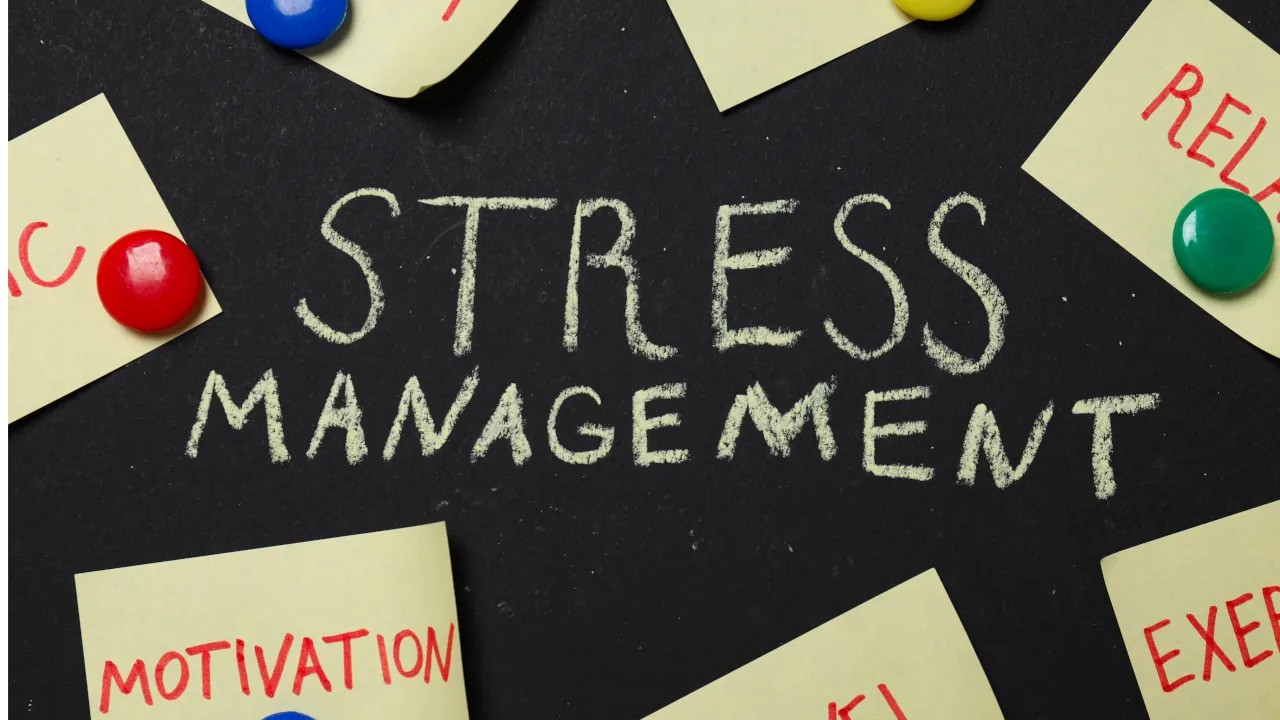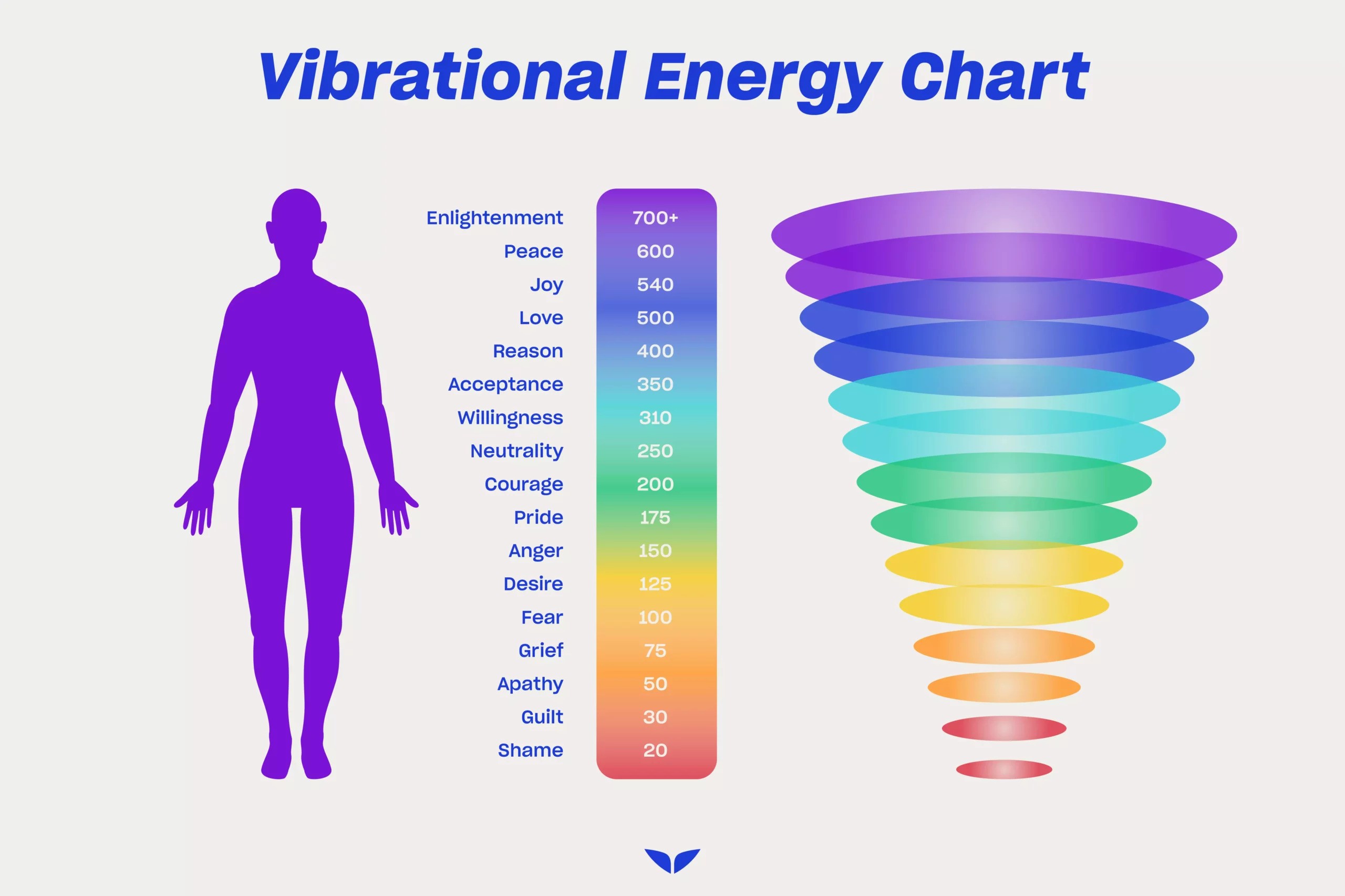Mastering Stress Management: Your Ultimate Guide to Staying Zen
Feeling overwhelmed by the hustle and bustle of daily life? You're not alone. In today's fast-paced world, stress is as common as a morning cup of coffee. But here's the kicker: managing stress doesn't have to be a daunting task. In fact, with the right tools and techniques, you can turn stress from a foe into an ally. This comprehensive guide to stress management is packed with insights, strategies, and tips that will help you keep your cool when the heat is on. Whether you're a busy professional, a multitasking parent, or a student juggling deadlines, mastering the art of stress management can transform your life. So, buckle up and get ready to embark on a journey to a more relaxed and productive you!
Introduction to Stress Management
Let's face it, life can throw some serious curveballs, and sometimes it feels like you're juggling flaming torches while riding a unicycle. That's where stress management comes into play. It's the art of keeping your cool when things get hot—really hot.
- Understanding Stress: It's not just a buzzword; it's a physical and emotional response that can wreak havoc if left unchecked.
- The Importance of Managing Stress: It's not about eliminating stress completely—that's about as likely as a snowball's chance in a sauna. It's about learning to manage it effectively.
- Tools for Your Stress-Management Toolkit: From mindfulness to time management, there's a plethora of strategies waiting to be unleashed.
Remember, stress isn't a badge of honor to flaunt around; it's something to handle with care, like a delicate vase or your grandma's secret pie recipe.
"Stress management is like laundry, it's part of life's weekly routine." - Anonymous
The Science of Stress: What's Happening Inside Your Body
Stress might feel like an emotional rollercoaster, but it's actually a biochemical thunderstorm raging inside your body. When stress kicks in, your brain sends out the bat signal—cortisol and adrenaline flood your system, prepping you for fight or flight. That's great if you're dodging a rogue shopping cart, but not so much when you're sitting in traffic.
- The Stress Response: It's like your body's very own SWAT team, ready to respond at a moment's notice.
- Chronic Stress: When stress becomes a squatter in your body, it can lead to a host of health issues, from headaches to heart trouble.
- Stress and Your Brain: It's not just about feeling frazzled; stress can affect your memory, mood, and even the size of your brain—talk about a mind-bender!
Understanding the science of stress is the first step in taking the reins and showing it who's boss.
Identifying Your Stress Triggers
Knowing what lights your stress fuse is like having a map to navigate through a minefield. It could be the morning commute, a looming deadline, or that pile of laundry that's started to resemble Mount Everest.
- Common Stress Triggers: Work, relationships, finances—these are the usual suspects, but everyone's got their own unique set of triggers.
- Personal Stress Triggers: Maybe it's the sound of a ticking clock or the sight of an empty coffee pot—whatever it is, pinpointing it is key.
- Keeping a Stress Diary: Jot down when you feel stressed and what's going on. Patterns will emerge faster than bunnies in springtime.
Once you know your triggers, you can start to dodge them like a pro—or at least, be better prepared when they pop up.
Stress-Busting Techniques: From Deep Breathing to Yoga
When it comes to kicking stress to the curb, there's a whole arsenal of techniques at your disposal. Deep breathing, meditation, and yoga are just the tip of the iceberg.
- Deep Breathing: It's like giving your body a mini-vacation. Inhale, exhale, and watch the stress sail away.
- Meditation: Clearing your mind might sound as easy as nailing jelly to a wall, but with practice, it can be a game-changer.
- Yoga: Stretching your way to serenity, one pose at a time—just don't get tied up in knots trying to perfect that pretzel position.
Find what works for you, and make it a non-negotiable part of your daily routine, like brushing your teeth or scrolling through your social media feeds.
Nutrition and Stress: Foods That Help and Hinder
You are what you eat, and that couldn't be truer when it comes to managing stress. Some foods are like a hug for your nervous system, while others are more like a slap in the face.
- Stress-Relieving Superfoods: Think leafy greens, nuts, and fatty fish—brain food that keeps you cool under pressure.
- Foods to Avoid: Sugar and caffeine might give you a temporary high, but they'll drop you like a hot potato when the rush wears off.
- Hydration: Don't underestimate the power of water. Staying hydrated is like keeping your body's engine running smoothly.
So, next time you reach for that candy bar, remember—it might just be adding fuel to the fire.
Creating a Stress-Resistant Lifestyle
Building a lifestyle that shrugs off stress like water off a duck's back is about more than just the occasional bubble bath or round of golf. It's about creating habits that stick.
- Time Management: It's not about filling every minute with productivity; it's about finding balance. Remember, even superheroes take breaks.
- Physical Activity: Get your body moving and grooving. Exercise is like a natural stress-reliever that never runs out of batteries.
- Social Support: Lean on friends, family, or a furry companion. A problem shared is a problem halved, after all.
Think of it as building a fortress—one that stress can't penetrate with its pesky arrows.
Conclusion: Embracing Stress Management for a Happier Life
Stress management isn't just a fad; it's a way of life. By understanding what causes your stress, arming yourself with the right techniques, and creating a lifestyle that buffers against the chaos, you can take control. Remember, stress is like a tea bag; it shows its true strength when it's in hot water. So, steep yourself in the art of stress management, and watch as your life transforms from frantic to fantastic.
Now, go forth and conquer that stress—after all, it's just another word for 'I need to take care of myself a little better.' And who doesn't want that?



